
School Neuropsychology: A Practitioner’s Handbook (PDF/EPUB Version)
$18.99
Description
This important resource presents the latest information on brain-behavior relationships and describes ways school practitioners can apply neuropsychological principles in their work with children. Bridging the gap between neuropsychological theory, assessment, and intervention, this accessible text addresses complex topics in a straightforward, easy-to-understand fashion. The authors challenge previous conceptions about brain functions and present the cognitive hypothesis-testing model, an innovative method that helps practitioners form accurate understandings of learner characteristics and conduct meaningful and valid individualized interventions with children with a range of learning and behavior disorders. Including case studies and examples that illustrate what practitioners might actually see and do in the classroom, the volume comes in a large-size format with reproducible worksheets and forms.
eBook features:
- Highlight, take notes, and search in the book

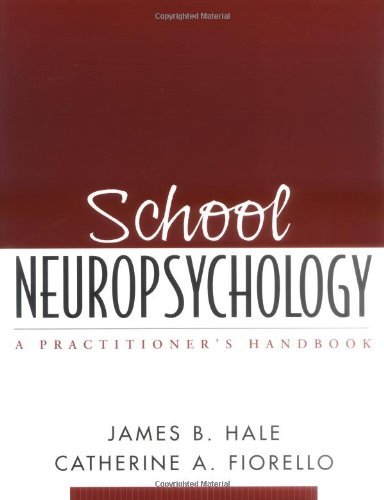
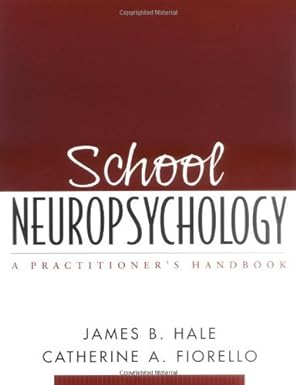
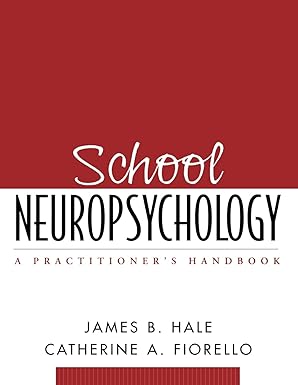
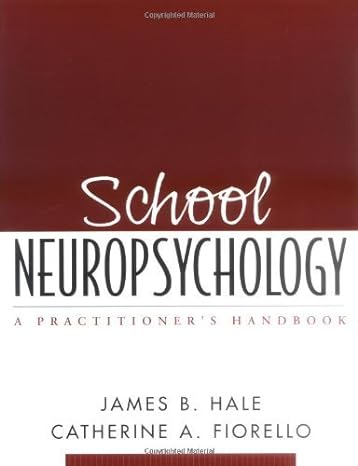
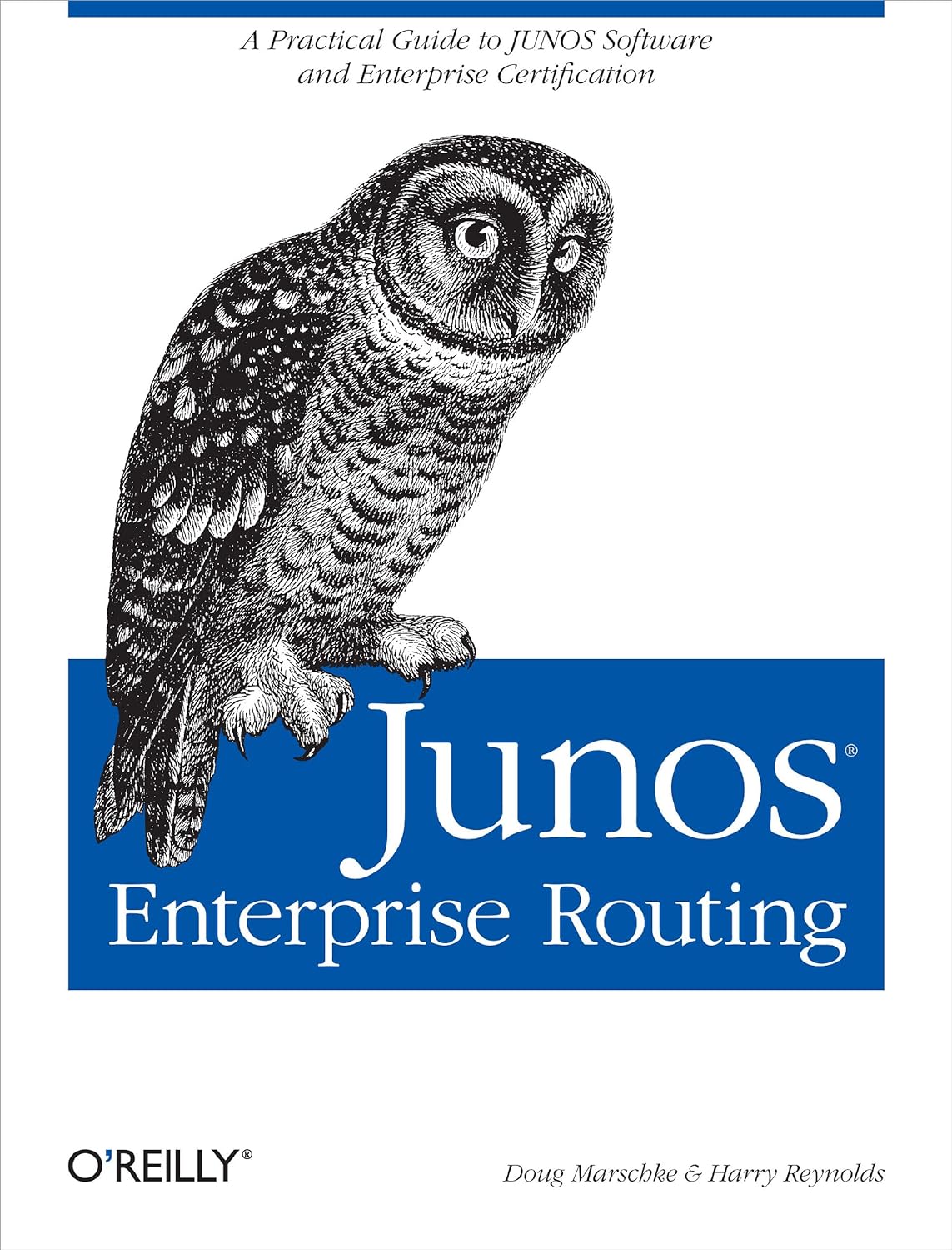
_bxld6rlfhu.jpg)
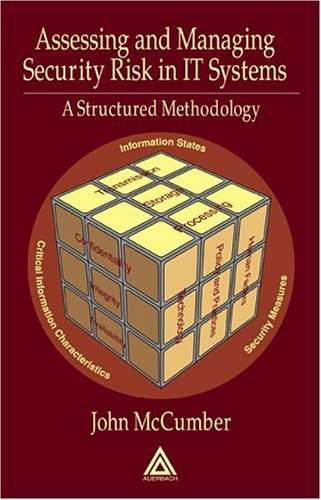
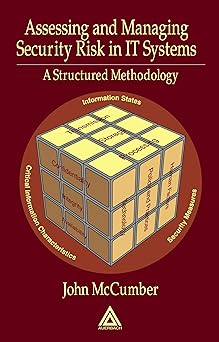


_jqegejqbka.jpg)
_d6yhvb7jjx.jpg)
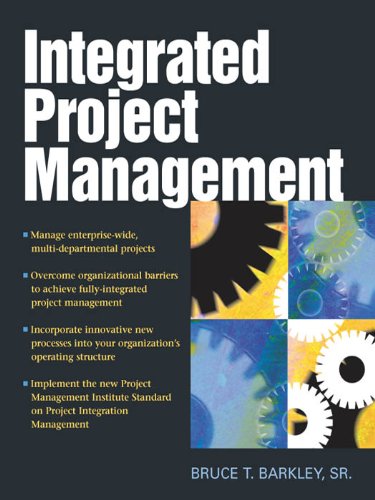
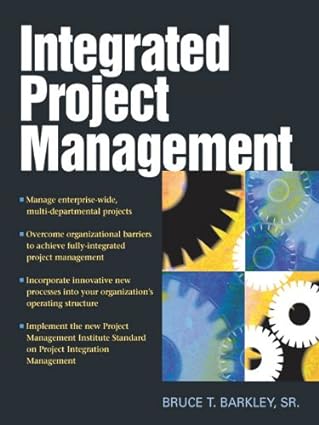
_hbpbqeiots.jpg)
_idmgqlrt91.jpg)


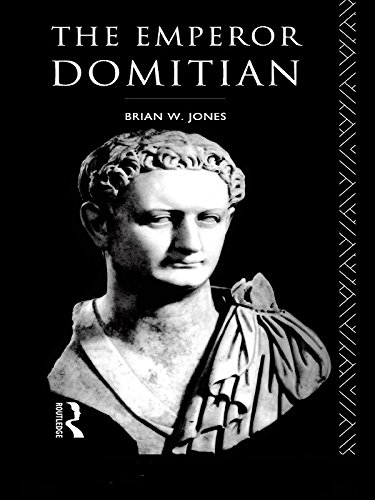
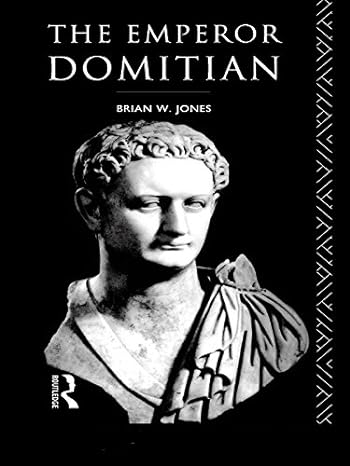
_ks1bb9fllq.jpg)
_md1sivs3ar.jpg)